Filter by
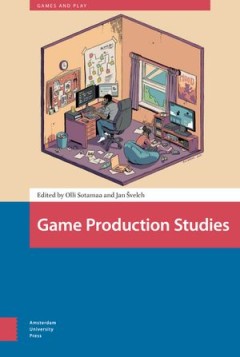
Game Production Studies
Video games have entered the cultural mainstream and in terms of economic profits they now rival established entertainment industries such as film or television. As careers in video game development become more common, so do the stories about precarious working conditions and structural inequalities within the industry. Yet, scholars have largely overlooked video game production cultures in fav…
- Edition
- -
- ISBN/ISSN
- 9789048551736
- Collation
- -
- Series Title
- -
- Call Number
- -
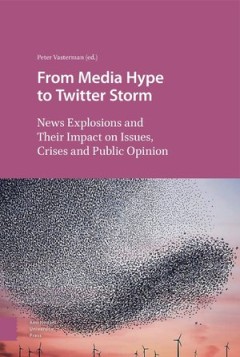
From Media Hype to Twitter Storm News Explosions and Their Impact on Issues,…
The word media hype is often used as rhetorical argument to dismiss waves of media attention as overblown, disproportional and exaggerated. But these explosive news waves, as well as - nowadays - the twitter storms, are object of scientific research, because they are an important phenomenon in the public area. Sometimes it is indeed 'much ado about nothing' but in many cases these media storms …
- Edition
- -
- ISBN/ISSN
- -
- Collation
- -
- Series Title
- -
- Call Number
- -
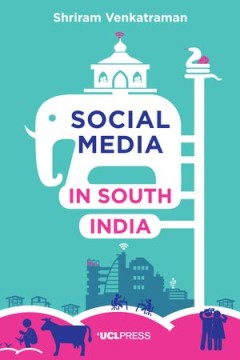
Social Media in South India
One of the first ethnographic studies to explore use of social media in the everyday lives of people in Tamil Nadu, Social Media in South India provides an understanding of this subject in a region experiencing rapid transformation. The influx of IT companies over the past decade into what was once a space dominated by agriculture has resulted in a complex juxtaposition between an evolving know…
- Edition
- -
- ISBN/ISSN
- 9781911307969
- Collation
- -
- Series Title
- -
- Call Number
- 302.23 VEN s
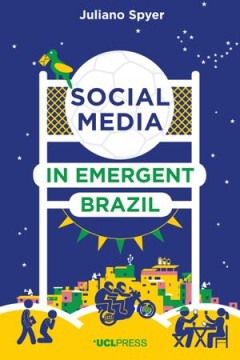
Social Media in Emergent Brazil
Since the popularisation of the internet, low-income Brazilians have received little government support to help them access it. In response, they have largely self-financed their digital migration. Internet cafés became prosperous businesses in working-class neighbourhoods and rural settlements, and, more recently, families have aspired to buy their own home computer with hire purchase agreeme…
- Edition
- -
- ISBN/ISSN
- 9781787351653
- Collation
- -
- Series Title
- -
- Call Number
- 302.23 SPY s
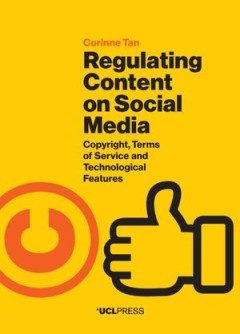
Regulating Content on Social Media
How are users influenced by social media platforms when they generate content, and does this influence affect users’ compliance with copyright laws? These are pressing questions in today’s internet age, and Regulating Content on Social Media answers them by analysing how the behaviours of social media users are regulated from a copyright perspective. Corinne Tan, an internet governance spec…
- Edition
- -
- ISBN/ISSN
- 9781787351714
- Collation
- -
- Series Title
- -
- Call Number
- 658.81 TAN r
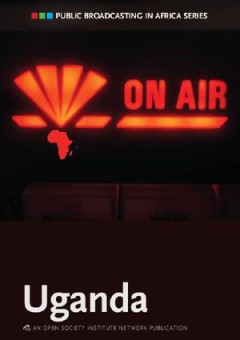
Public Broadcasting in Africa Series: Uganda
Uganda’s broadcast media landscape has witnessed tremendous growth in recent years. While the public broadcaster remains the dominant national player – in terms of reach – in both radio and television, commercial broadcasters have introduced a substantial level of diversity in the industry. Public broadcasting faces serious competition from the numerous private and independent broadcaster…
- Edition
- -
- ISBN/ISSN
- 9781920489717
- Collation
- -
- Series Title
- -
- Call Number
- 302.23 LUG p
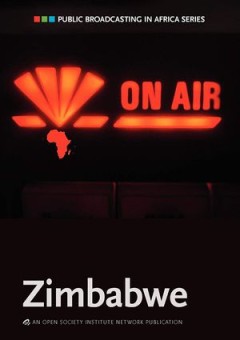
Public Broadcasting in Africa Series: Zimbabwe
This report is the result of research that started in 2008 with the aim of collecting, collating and writing up information about regulation, ownership, access, performance as well as prospects for public broadcasting reform in Africa. The Zimbabwe report is part of an 11-country survey of African broadcast media, evaluating compliance with the agreements, conventions, charters and declarations…
- Edition
- -
- ISBN/ISSN
- 9781920489687
- Collation
- -
- Series Title
- -
- Call Number
- 302.23 CHI p
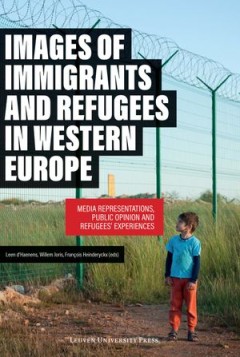
Images of Immigrants and Refugees in Western Europe
The topic of migration has become particularly contentious in national and international debates. Media have a discernable impact on overall societal attitudes towards this phenomenon. Polls show time and again that immigration is one of the most important issues occupying people’s minds. This book examines the dynamic interplay between media representations of migrants and refugees on the on…
- Edition
- -
- ISBN/ISSN
- 9789461662811
- Collation
- -
- Series Title
- -
- Call Number
- 351.81 IMA i
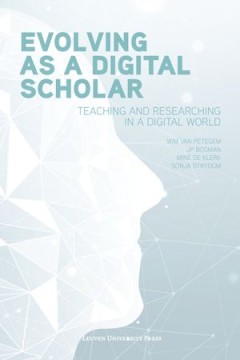
Evolving as a Digital Scholar: Teaching and Researching in a Digital World
How to become digitally proficient as a teacher and researcher What does it take to become a digitally agile scholar? This manual explains how academics can comfortably navigate the digital world of today and tomorrow. It foregrounds three key domains of digital agility: getting involved in research, education and (community) service, mobilising (digital) skills on various levels, and acting…
- Edition
- -
- ISBN/ISSN
- 9789461663900
- Collation
- -
- Series Title
- -
- Call Number
- 302.231 EVO e
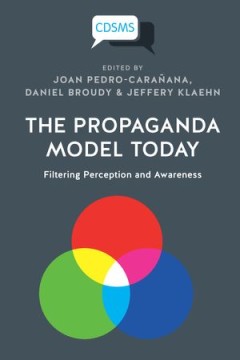
The Propaganda Model Today
Thirty years after Chomsky and Herman elaborated the Propaganda Model this title aims to introduce a new generation of readers to it. It presents cutting-edge research demonstrating the model’s general validity as well as new attempts – in the light of digital media and 21st century politics – to critically update, expand, and refine it. International researchers thus analyse the continui…
- Edition
- -
- ISBN/ISSN
- 9781912656172
- Collation
- -
- Series Title
- -
- Call Number
- -
 Computer Science, Information & General Works
Computer Science, Information & General Works  Philosophy & Psychology
Philosophy & Psychology  Religion
Religion  Social Sciences
Social Sciences  Language
Language  Pure Science
Pure Science  Applied Sciences
Applied Sciences  Art & Recreation
Art & Recreation  Literature
Literature  History & Geography
History & Geography